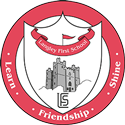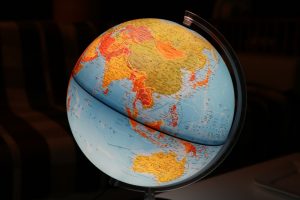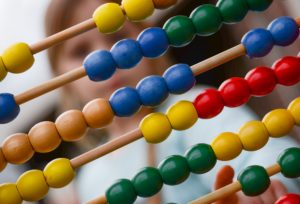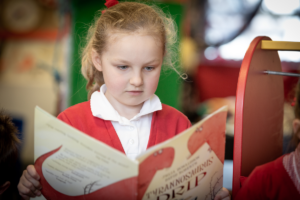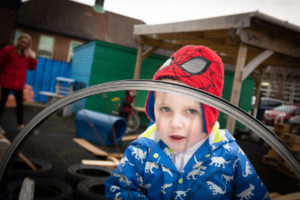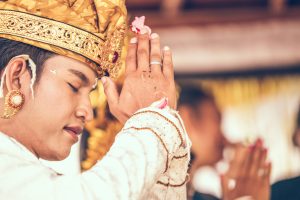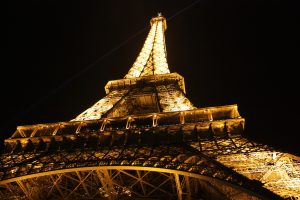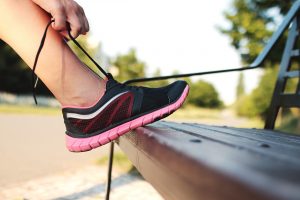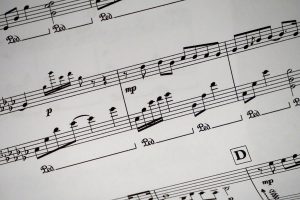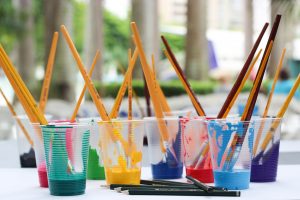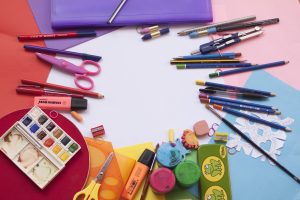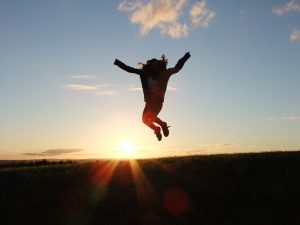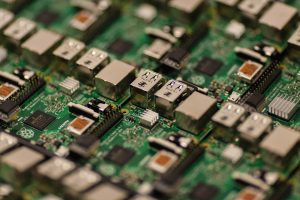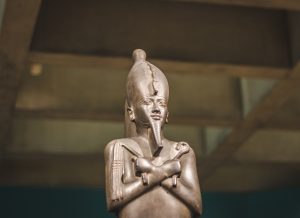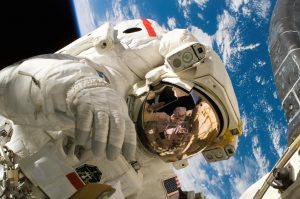History
Purpose of study
A high-quality history education will help pupils gain a coherent knowledge and understanding of Britain’s past and that of the wider world. It should inspire pupils’ curiosity to know more about the past. Teaching should equip pupils to ask perceptive questions, think critically, weigh evidence, sift arguments, and develop perspective and judgement. History helps pupils to understand the complexity of people’s lives, the process of change, the diversity of societies and relationships between different groups, as well as their own identity and the challenges of their time.
Aims
- know and understand the history of these islands as a coherent, chronological narrative, from the earliest times to the present day: how people’s lives have shaped this nation and how Britain has influenced and been influenced by the wider world
- know and understand significant aspects of the history of the wider world: the nature of ancient civilisations; the expansion and dissolution of empires; characteristic features of past non-European societies; achievements and follies of mankind
- gain and deploy a historically grounded understanding of abstract terms such as ‘empire’, ‘civilisation’, ‘parliament’ and ‘peasantry’
- understand historical concepts such as continuity and change, cause and consequence, similarity, difference and significance, and use them to make connections, draw contrasts, analyse trends, frame historically-valid questions and create their own structured accounts, including written narratives and analyses
- understand the methods of historical enquiry, including how evidence is used rigorously to make historical claims, and discern how and why contrasting arguments and interpretations of the past have been constructed
- gain historical perspective by placing their growing knowledge into different contexts, understanding the connections between local, regional, national and international history; between cultural, economic, military, political, religious and social history; and between short- and long-term timescales.
Spiritual
History supports spiritual development by helping children develop a sense of curiosity and the mystery of how and why events in the past happened and raises questions as to what could have happened if events had had different results. Artefacts are used to give pupils a sense of the past and aid pupils in understanding the people who produced and used these objects. Pupils are encouraged to explore the role played by important individuals, for good or ill, in the shaping of the world we live in. Pupils also reflect upon different interpretations of the past and how these interpretations have been arrived at.
Moral
History supports moral development by asking children to consider and comment on moral questions and dilemmas. Events and beliefs in the past will often be at odds with what we would consider unacceptable today (and were to some people in the past also) Pupils will be encouraged to show compassion for people facing dilemmas and to empathise with decisions which people in the past made and the reasoning behind these decisions. Notions of right and wrong are explored in connection with events from the past, linking with the value of justice.
Social
History supports social development by exploring the similarities and contrasts between past and present societies and be made aware of how, in the main, we are very fortunate to live in ‘the modern world’ which links with the value of thankfulness. They will examine how other cultures have had a major impact on the development of ’British’ culture. Pupils will also be encouraged to build up their own social development through collaborative and team working activities.
Cultural
History supports cultural development by encouraging children to gain an understanding of and empathise with, people from different cultural backgrounds. They will examine how other cultures have had a major impact on the development of ’British’ culture. Pupils develop a better understanding of our multicultural society through studying links between local, British, European and world history
